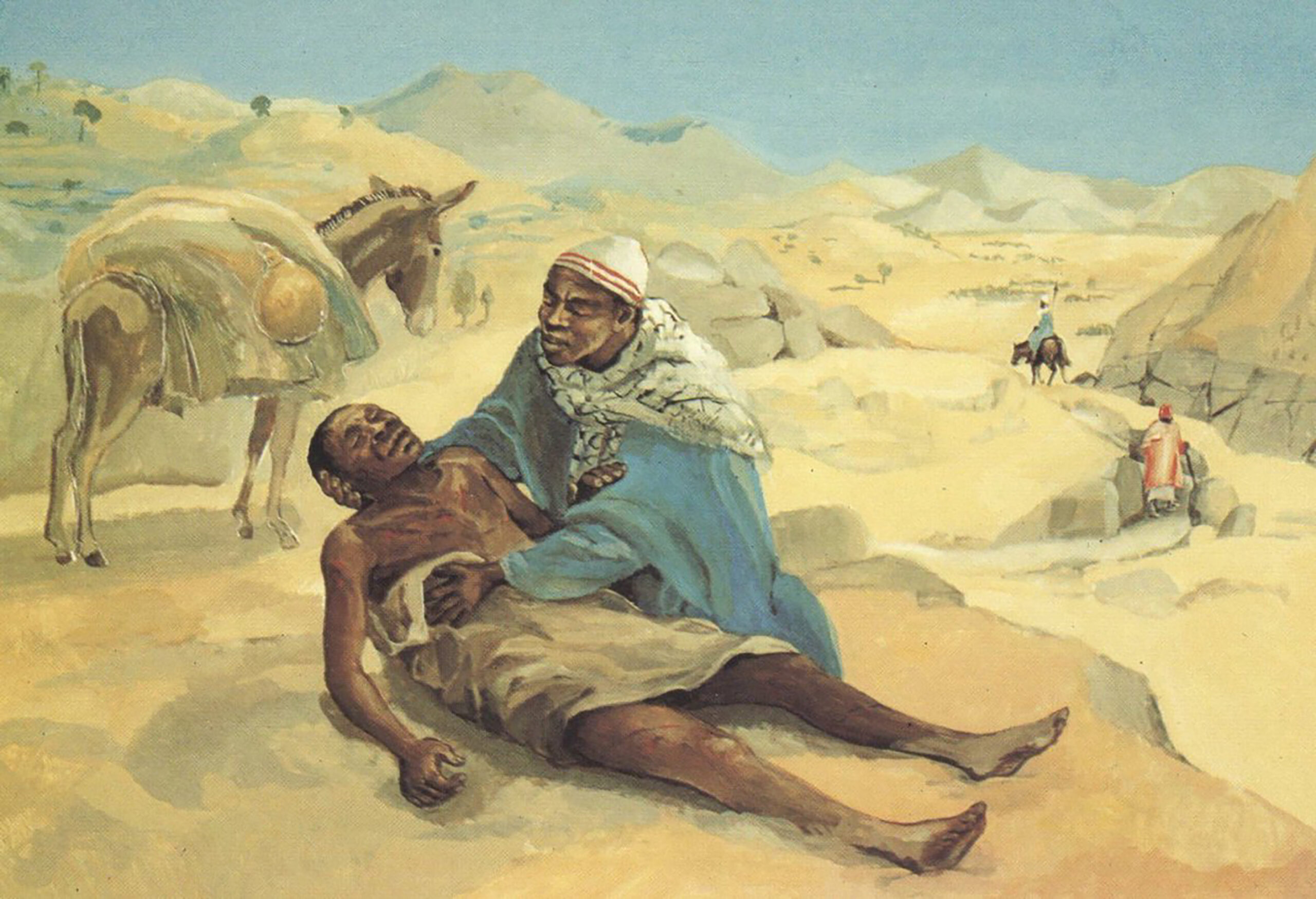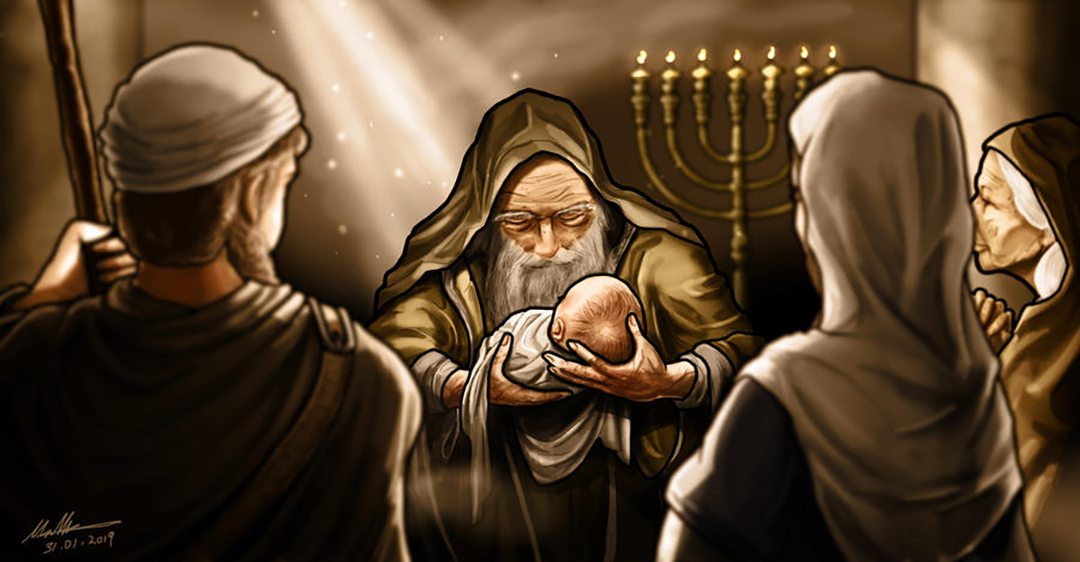
CATHOLIC SOCIAL TEACHING, PURSUING THE COMMON GOOD
It is the honourable responsibility of Christians to contribute by means of active participation to building a society where the common good is fundamental. As Pope Benedict XVI affirmed: “There is a need for authentically Christian politicians but, even more so, for lay faithful who witness to Christ and the Gospel in the civil and political community.” (Address to the 24th Plenary Session of the Pontifical Council for the Laity).
THE LAST WORD • THE GOOD SAMARITAN

WHO IS NEAR ME? (LK 10,29-37)
BY FR SILVANO FAUSTI SJ | BIBLIST AND WRITER
THE PARABLE of the Good Samaritan is a revelation of God’s face, already disclosed in the Old Testament and which Jesus fully reflects in himself: “He who has seen me has seen the Father” (Jn 14:9). The parable is addressed to the lawyer, so that he may see the Father/Son love revealed itself to the little ones. He is the one who, in his effort to love God and his neighbours, rightly asks: “But who loves me?”. For human beings, the capacity to love usually requires having been loved before: one dies for love, but lives by being loved! If the love for God and for one’s neighbour is the path of life (v.27f), the person does not walk this path except in the opposite direction, precisely because one needs to feel loved. The law of love, though in itself a good concept, in fact only highlights its failure. The path to salvation (love for God and neighbour) becomes a death sentence!
Jesus, by commanding: “Go, and do likewise” (v. 37), does not express an impossible law. That would have been a mockery, not an answer to the lawyer’s question: “What shall I do to inherit life?” (v. 25). Instead, he makes an evangelical proclamation through the Samaritan: The discovery that God has taken care of me and loved me so much; so that I too, healed of my illness, may love him with all my heart and my brothers and sisters as I love myself.
Now the commandment of love of God and neighbour is no longer an impossible law, but good news, a gift for all: those whom the Samaritan cared for are now enabled to walk the same path as he did.
Luke does not proclaim that the two commandments of love are similar (Mt 22:39) or one (Rom 13:9; Gal 5:14). Instead, he makes a reversal: he leads us to see that the love of God for us enables us to love others.
In the story there is a dissolving of one character into the other until they become one. The lawgiver—together with the priest and the Levite—is called upon to identify with the half-dead man. In the meantime, this man is healed, thanks to one who ‘welcomes all ‘, because he has already been welcomed and healed before.
This unification of all-in-one person is the miracle of love: lover and beloved form one flesh. God came close to you and became the beaten and wounded you were, so that you, healed, become the Samaritan to him, who, in the meantime, has become needy of you.
This parable demonstrates the messianism of Jesus, which Luke proposes to his church. It is about the journey of those who take care of the suffering in the world—which will be with us until the end— and find refuge in a pandocheîon (Greek for “the one who welcomes everyone”). This is a fragile home, between Jericho and Jerusalem, which comes about wherever one is willing to welcome others. It is a foretaste of the heavenly Jerusalem, which, on its return, will welcome those who have welcomed others.
Jesus’ messianism does not liquidate our history, with its struggle between good and evil, where good often loses and evil wins—precisely because evil “wants” to win and good is “willing” to lose out of love (Lk 6:27-35)! The cross always remains present in it, but it is transformed into the victory of love, the glory and salvation of God.
The Son of Man will return in the same way as we have seen him passing in his earthly walk to heaven (Acts 1:11): he is the Samaritan who, now with the feet of so many brothers, continually goes through the streets of the world and brings everyone to the house which welcomes all. In this, his mission, those who have already been welcomed are associated with him. The Kingdom, entrusted to the “little flock” (Lk 12:32), is that testimony of the one who walks his same humble path.

